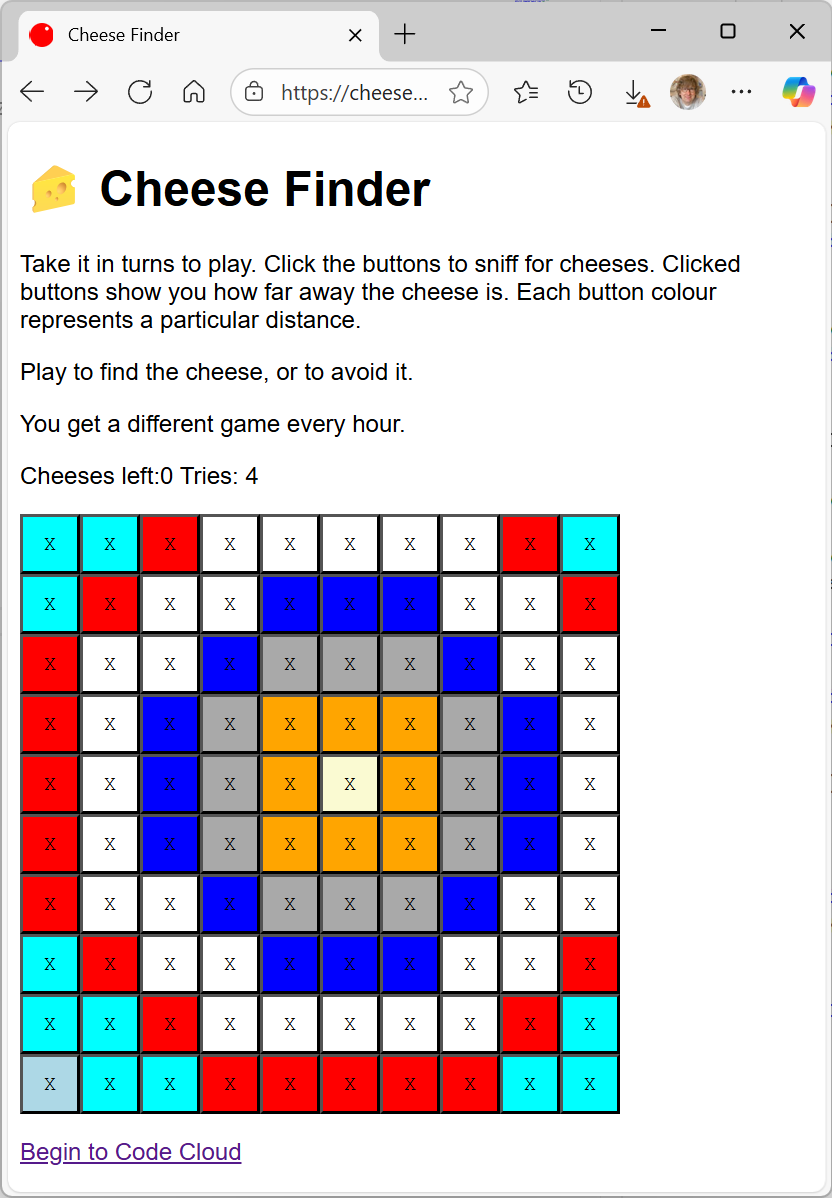I bought a little TV today. It's a "Smart" TV and rather nice. I plugged it in and did the setup thing. It started by asking for a network connection and, once connected, quizzed me about my name, address and lots of other things before doing the tuning thing and finally showing me a picture.
I guess this is the way the world is these days. If I watch loads of DIY shows then perhaps I'll start getting emails from paint companies, or seeing adverts for orbital sanders appearing around the web pages I visit. I'm not sure if this is a good thing, or a bad thing. But it is definitely a thing. We are going to be surrounded by lots of devices that are spying on us and sending stuff back to build up the ever growing databases that are held on each of us.
I wonder how much of the attractively low price I paid for the TV is subsidised by cross-marketing deals that the manufacturer has in place for all this information they are planning to gather. I didn't have the nerve to select "Not agree" to any of the licence terms that I encountered on my way to BBC 1. Perhaps if I had rejected some of the conditions I'd be asked to stump up some cash to pay for me opting out and wanting a little privacy.
I kind of hanker for the days when things where everything was dumb and nobody knew (or cared) what you were watching. Perhaps in the future you'll be able to buy a "personality" remote control that you can leave by the telly when you go out. This will select all the posh channels you'd like people to think you watch so that you can watch a few episodes of "Man vs Food" without your TV thinking ill of you.
























